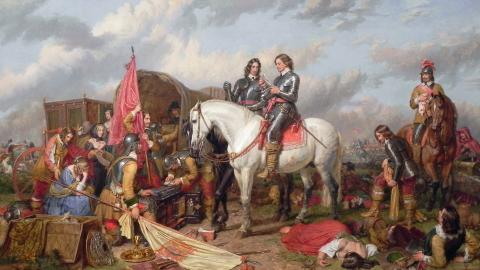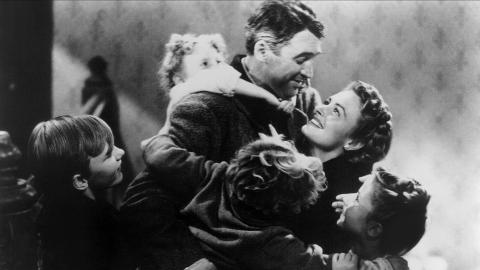George W Bush: Biography
The son of oil magnate President George Bush, he attended Yale, and Harvard Business School, then returned to Texas, where he established his own oil business.
In 1977, Bush ran for US Congress on a Republican ticket, but he lost to his Democratic opponent.
In 1985, Bush's company was acquired by a Dallas firm and he became a paid adviser in his father's presidential campaign team in 1988. He then assembled investors to buy the Texas Rangers Baseball team for $86 million. Bush invested only $606,302 but was named managing partner.
In 1993, after his father's unsuccessful bid for re-election, he announced plans to run for the Texas governorship. He narrowly defeated Ann Richards.
"After the chaos and carnage of September 11th, it is not enough to serve our enemies with legal papers."
- George W. Bush, 2004 State of the Union Address
Re-elected in 1998, he announced plans to run for president. At this point the Rangers partners decided to sell the team for $250 million, earning Bush $14.9 million, which helped swell his campaign fund.
Bush adhered to the traditional conservative line, favouring tax cuts, a strong military, and opposing gun control and abortion. His running mate, Dick Cheney, was Secretary of Defence during his father's administration and commanded the Pentagon during the first Gulf War.
The race was one of the closest in the country's history. A recount in Florida, the crucial State, showed that Bush and his Democrat rival, Al Gore, were only a few hundred votes apart. The case ended in the US Supreme Court, where issues of voter exclusion were raised. Bush eventually won but he lost the popular vote by half a million to become the 43rd President of the United States of America. It was the first time in history that the Supreme Court and not the electorate, had decided a presidential election.
The main features of Bush’s presidency have been to date; a $1.6 trillion tax cut primarily favouring the wealthy, refusal to agree to global environmental legislation or the International Criminal Court, the revival of the 'Son of Star Wars' program, increased military and security spending, corporate scandals, and the 'War on Terrorism' after the 11th September 2001 attacks on the US.
















